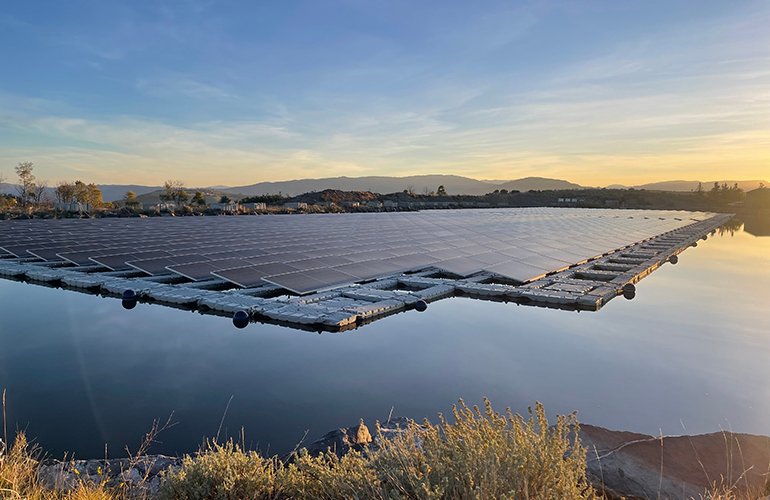Gujarat Approves Revised Solar Tariffs – Key Impacts on Renewable Energy
The Gujarat Electricity Regulatory Commission (GERC) has approved new solar tariffs and Aggregate Revenue Requirements for GIFT Power Company Limited, marking a strategic shift in the state’s renewable energy landscape. This decision builds on India’s energy stack revolution by integrating modern solutions.
Strategic Importance of GERC’s Tariff Revision
Operating within an 886-acre special economic zone, GIFT PCL’s tariff revision showcases Gujarat’s commitment to sustainable energy integration for urban environments.
Economic and Technical Benefits
While specific rates remain undisclosed, GERC’s focus on “efficiency improvements” suggests upcoming upgrades to Gujarat’s energy infrastructure. This aligns with the hybrid solar systems trend gaining momentum nationwide.
Gujarat Strengthens Solar Leadership
The state builds on its reputation (home to Asia’s largest solar park) by pioneering innovative tariff structures. This move could influence national policy, particularly for high-density commercial zones.
Consumer Protections and Policy Implications
The revised framework includes safeguards ensuring sustainable energy remains accessible. These measures mirror successful approaches seen in European energy markets.
Blueprints for India’s Renewable Future
As Gujarat often leads national energy policy, this tariff model could accelerate India’s renewable energy targets through regulatory innovation.






